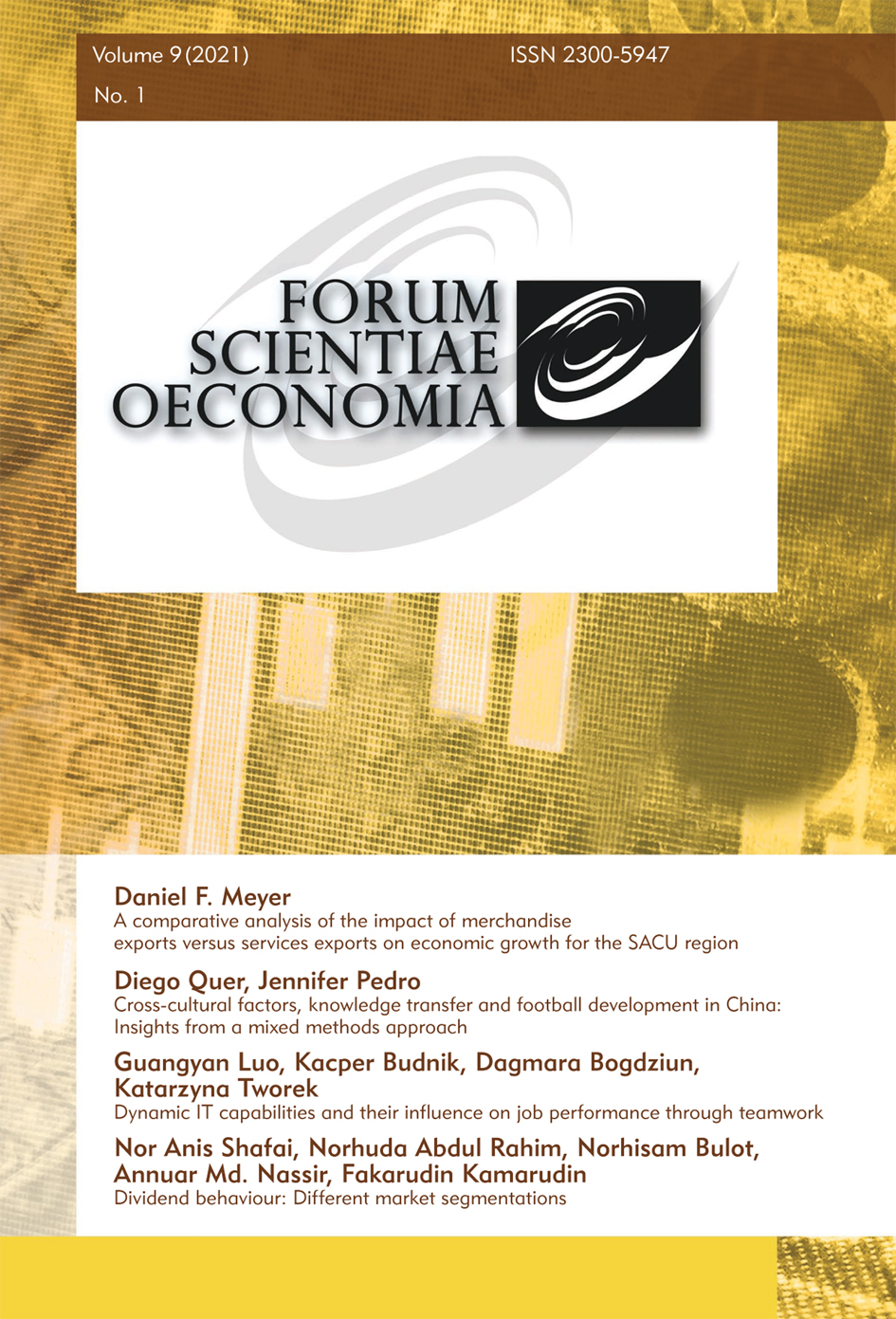Assessing the implementation of the circular economy in the EU countries
Assessing the implementation of the circular economy in the EU countries
Author(s): Nestor Shpak, Olha Melnyk, Nataliya Horbal, Mariana Ruda, Włodzimierz SrokaSubject(s): National Economy, Supranational / Global Economy, Socio-Economic Research
Published by: Wydawnictwo Naukowe Akademii WSB
Keywords: circular economy;linear economy;sustainable development;waste recycling;reusing;recyclable material
Summary/Abstract: The circular economy (CE) is generally an economic system whichaims to reduce waste and reuse resources. Predetermined by theneed for new sources of sustainable development in the current conditionsof global environmental issues and qualitative and quantitativelimitations of resources, this promising concept has recently fuelleda broad international discussion. The circular economy is now anurgent global priority for policymakers as well, especially in the EU.Given these facts, the benefits and impact of a circular economy withan emphasis on waste and recycling management are being investigatedon supranational and national levels (in the EU and its membernations, which are world leaders in terms of its adoption). Systematisation,comparative analysis, benchmarking and generalisation,economic and mathematical modelling (the formation of a model ofrecycling efficiency in the context of the CE in the EU based on theEurostat data on the CE in the EU) and statistical methods were theresearch methods used in the study. It was proven that waste recyclingrates have a significant impact on the EU recyclable raw materialstrade. The proposed methodology of modelling the CE resultscan be used for other countries/companies. The research may helpto promote effective reformation of global economics by propellingsustainable development.
Journal: Forum Scientiae Oeconomia
- Issue Year: 9/2021
- Issue No: 1
- Page Range: 25-39
- Page Count: 15
- Language: English

